Whether finishing college, high school, middle school, or even kindergarten, graduation is a time of transition and change. It is an exciting time that also comes with a bit of trepidation about the future. What’s next? How does this change my relationships? Is the best really yet to come?
Change will always be part of our lives, but we can help our loved ones confidently take this next step, knowing they are grounded in the word of the Lord, which will help establish a firm foundation for the exciting adventures to come.
Here are some ideas for Bible gifts for the graduates in your life.
Kindergarten Graduate
The Hands-On Bible is a perfect first full Bible for young readers. The trusted and easy-to-understand New Living Translation text is combined with activities, crafts, games, recipes, and more to help kids engage with the truths of the Bible in a fun way. The whole family can be involved in the activities so you can get conversations started that bring you closer together as you grow in your understanding of God’s Word. Purchase here


Middle School Graduates
The Teen Life Application Study Bible is packed with features designed to meet the challenges and needs of today’s high school students. Based on the bestselling Life Application Study Bible, it includes notes and features that help teens ground themselves in the truth of God’s Word and apply it to situations they face each day. Purchase here


Inspire Bible for Girls is a coloring and journaling Bible uniquely designed for girls. This Bible includes over 500 full- and partial-page Scripture line-art illustrations for coloring right alongside the New Living Translation text. It includes more than 300 devotionals and more than 160 journaling prompts, and it has lots of wide-margin space for creative journaling and art. Purchase here


EPIC Bible is a visual journey through 169 Bible stories designed for fans of graphic novels. It was created by some of the best comic book artists from DC and Marvel. The Epic Bible transports readers through a visual journey of Scripture from Eden to eternity. It engages even the most reluctant readers with brilliant and dramatic full-color graphic art and uses the New Living Translation for conversation text. Purchase here. Also available in Spanish

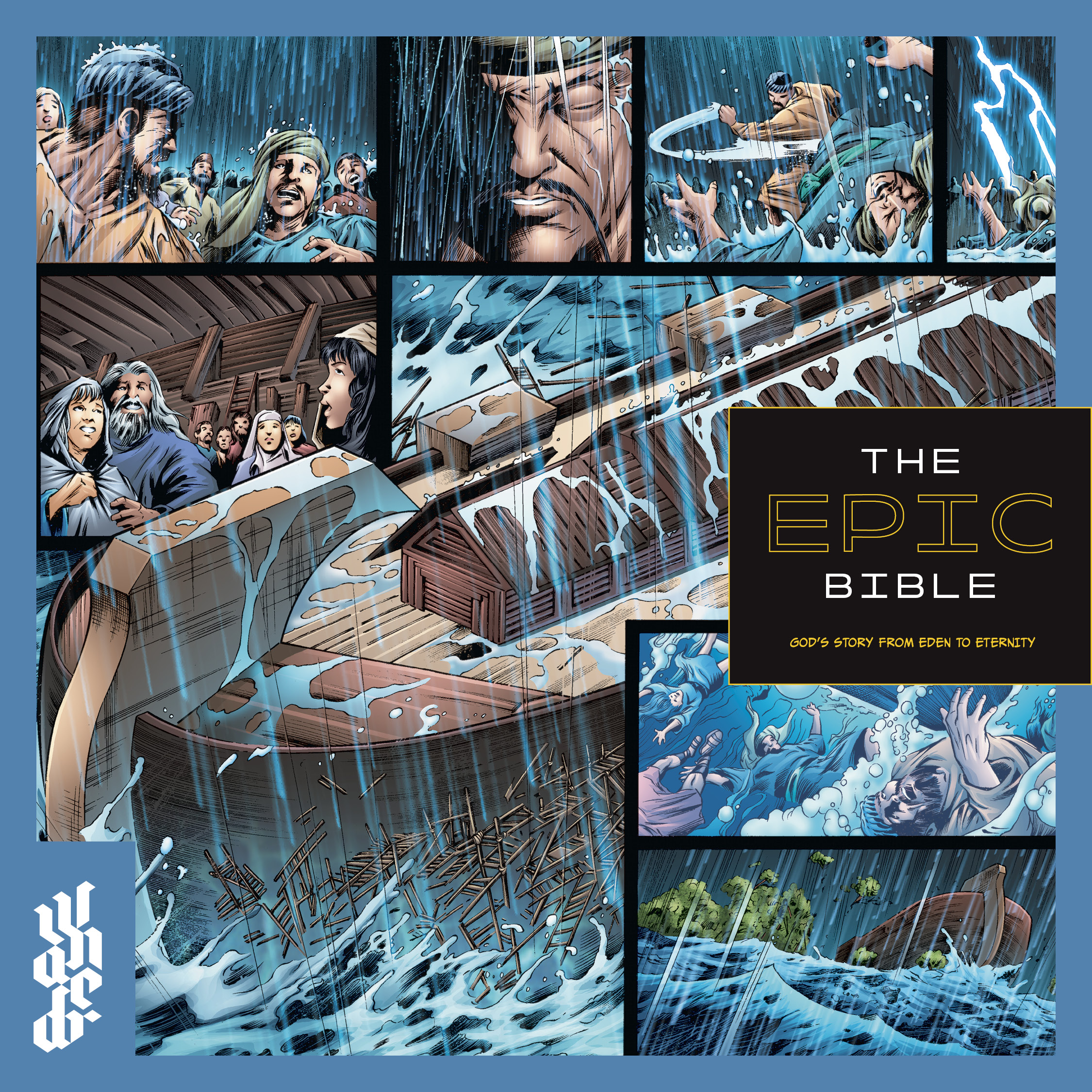
High School Graduates
Linking to remarkably creative audio and video resources, the NLT Streetlights New Testament explains Christian truth to young people and serves as a basic discipleship tool. Its unique tone and approach to the gospel appeal strongly to those in an urban culture. The features focus on helping readers engage with the Word of God through unique audio and visual content, such as putting the New Living Translation to beats and street art that reflects people in the New Testament. Purchase here


The HelpFinder Bible makes it easy to find the Bible’s answers to life’s difficult questions. Application notes connect the Bible’s truths, and the extensive HelpFinder topical index at the front of the Bible provides instant access to thousands of verses and notes on well over 100 key topics that are important and relevant for today’s issues, pointing readers to where God’s answers can be discovered. Purchase here


Christians Basics Bible is filled with features designed to help readers connect biblical teachings to Christian beliefs and see how those beliefs apply to their lives. By delivering the right amount of both information and application, the Christian Basics Bible can become the catalyst for living a vibrant Christian life. Purchase here
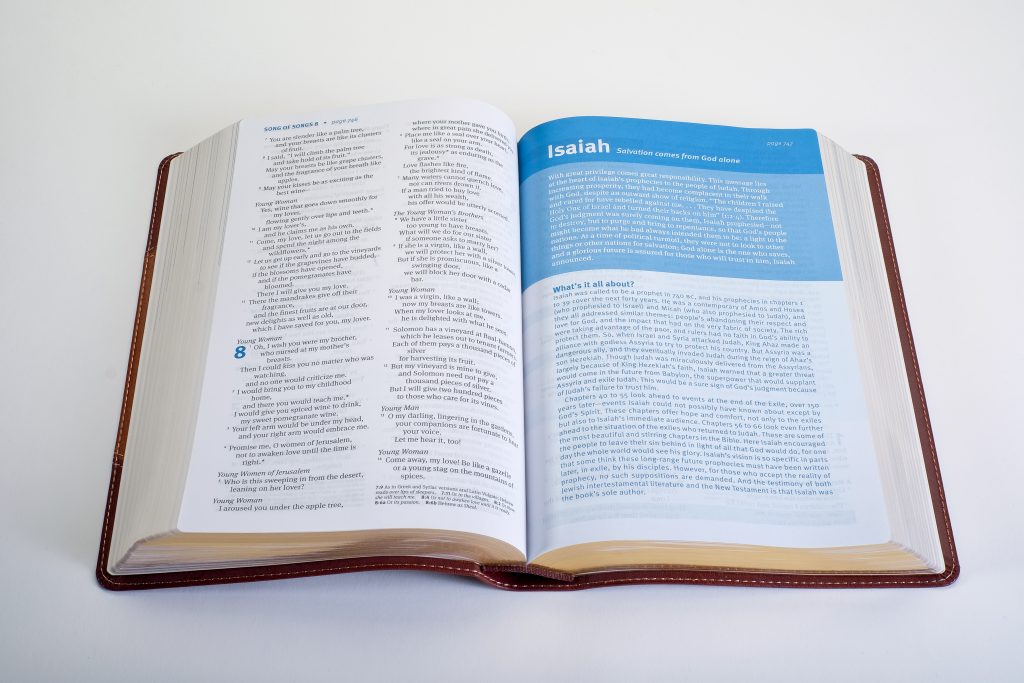

With innovative, full-color visual guides at the top of each reading, The Wayfinding Bible provides readers with three paths through God’s Word: the flyover route, the direct route, and the scenic route. The flyover route covers the most important events in the Bible in about 40 readings, giving a fresh overview of how these events tell the Bible’s big story of God’s redemption. Following the direct route, readers will develop a better understanding of how God’s story unfolds throughout history in about 200 readings. The scenic route helps readers explore new territory and discover the richness and depth of God’s Word in about 400 readings. All without the discouragement of getting bogged down in any single book. Purchase here

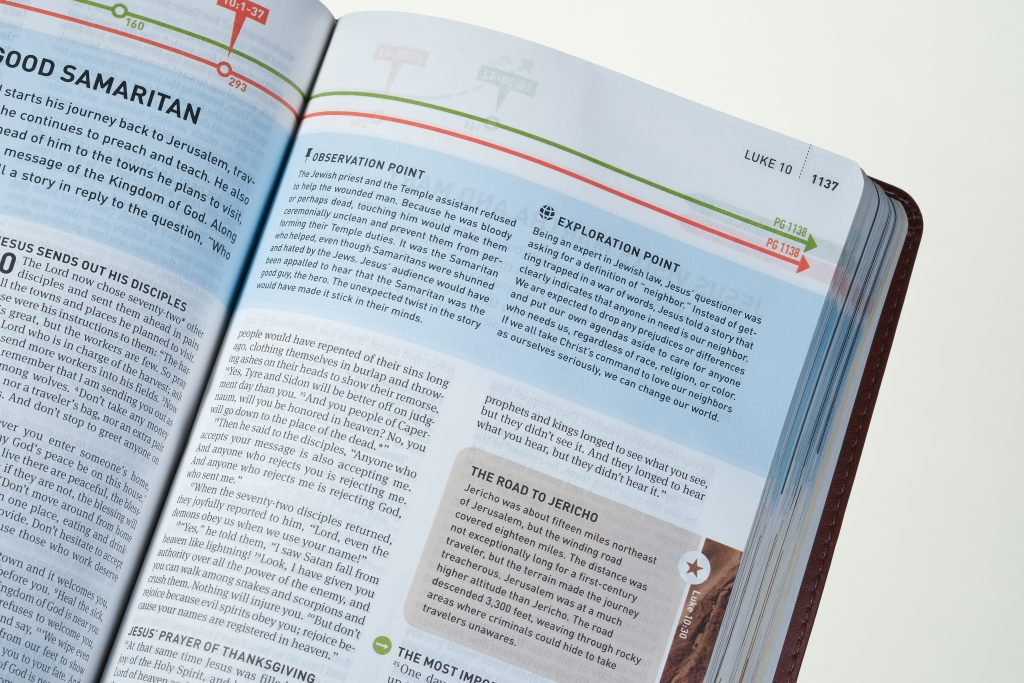
College Graduates and Beyond
The remarkable Filament Bible Collection features comfortable reading Bibles in a variety of easy-to-carry sizes, covers, and styles. But there is so much more: Mind-blowing study notes, devotionals, videos, worship music, and more are curated for the page you are reading through the Filament Bible app. Just scan the page number with your phone or tablet to be seamlessly connected to vast and varied in-depth content related to what you are reading. Purchase here


When you put a Bible translation that can be trusted and understood together with one of the most valued Bible study assets in history, what do you get? Tyndale’s Life Application Study Bible in the New Living Translation. This Bible overflows with resources that help readers not only study God’s Word but also apply it to their lives. It includes more than 10,000 notes and features, including profiles of Bible characters, in-depth charts and maps for reference, extensive book introductions, a vast index, a Bible dictionary, and more. Purchase here


The Illustrated Study Bible brings Scripture’s message to life by giving readers a gorgeous visual study experience. Hundreds of information-rich windows to the Bible world instantly communicate foundational truths and complex information in an understandable, compelling way for today’s visual generation. The who, what, where, when, and why of the Bible come alive with stunning photos, illustrations, infographics, and full-color maps integrated seamlessly with background material, study notes, and theme articles. Purchase here
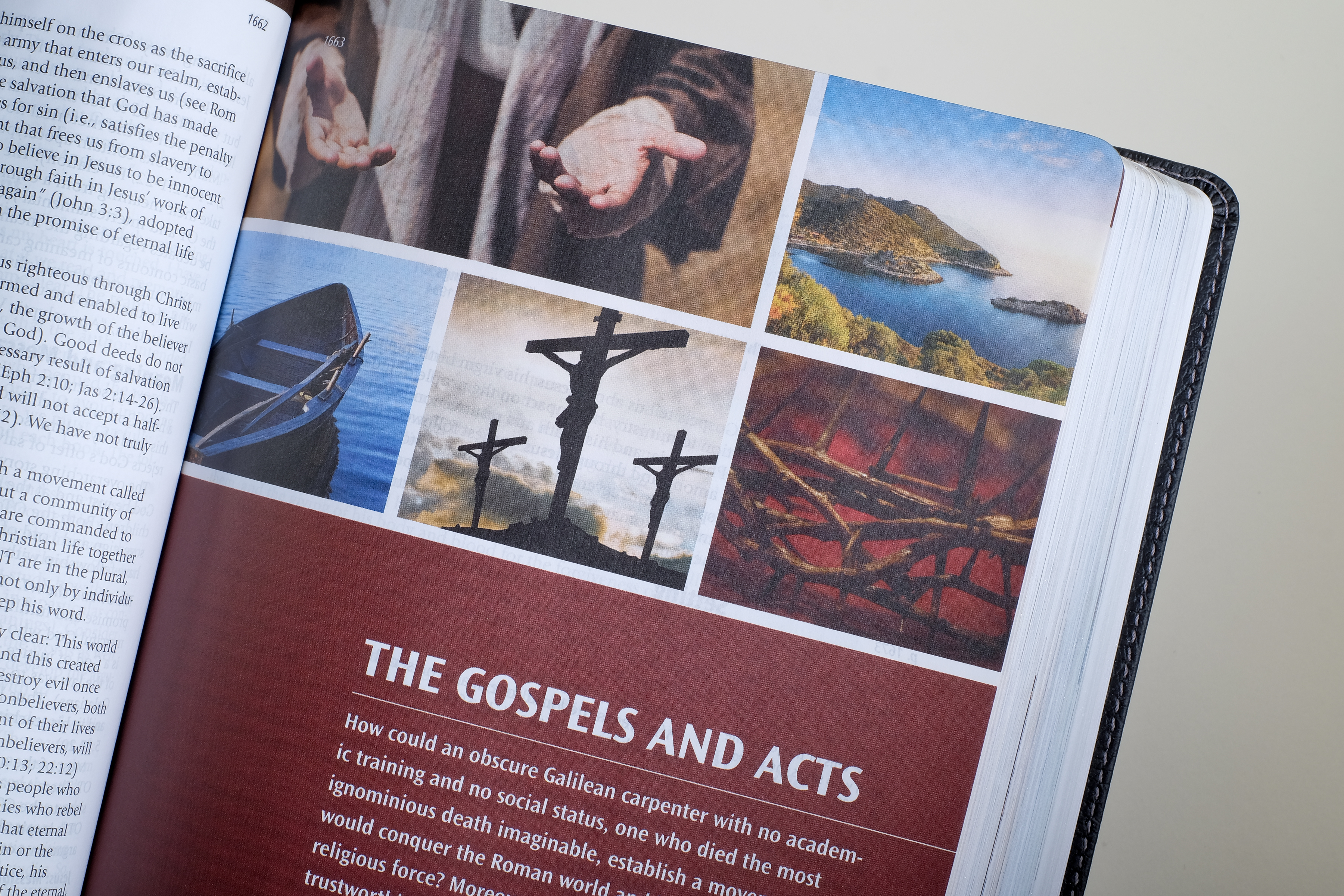

NLT Art of Life Holy Bible weaves the beautiful NLT text into a rich tapestry of artwork illustrating many living things mentioned in Scripture—people, plants, and animals. Captions highlighting the significance of each illustration and the wide-margin design offer readers a unique way to meditate on Scripture by focusing on God’s creation. Featuring 450 original, hand-drawn illustrations in a unique style, this Bible encourages contemplation and visual interaction with the Word. Purchase here


The complete 16-volume set of Swindoll’s Living Insights New Testament Commentary draws on beloved pastor and author Chuck Swindoll’s more than 50 years of experience studying and preaching God’s Word. Each volume includes both the NLT and NASB translations of the Bible, verse-by-verse commentary, charts, maps, photos, key terms, and background articles with practical application.


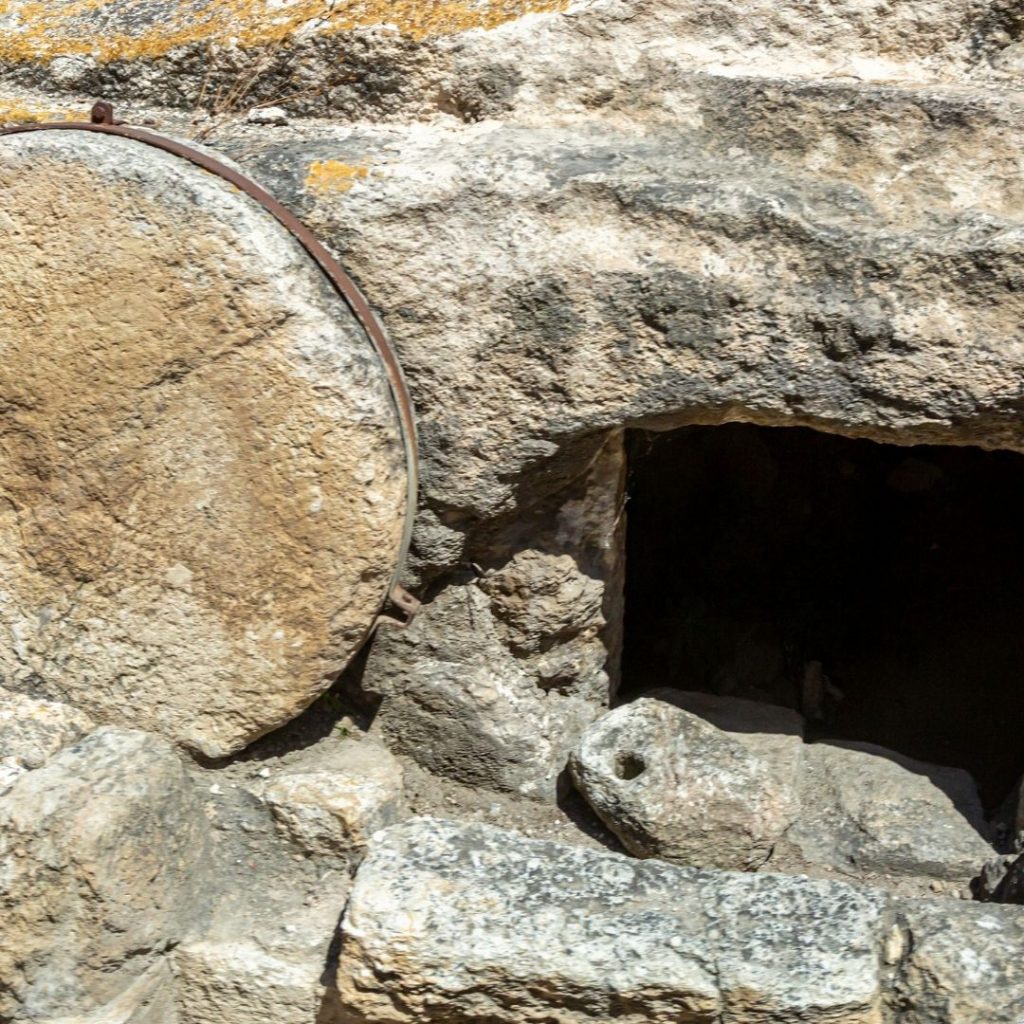


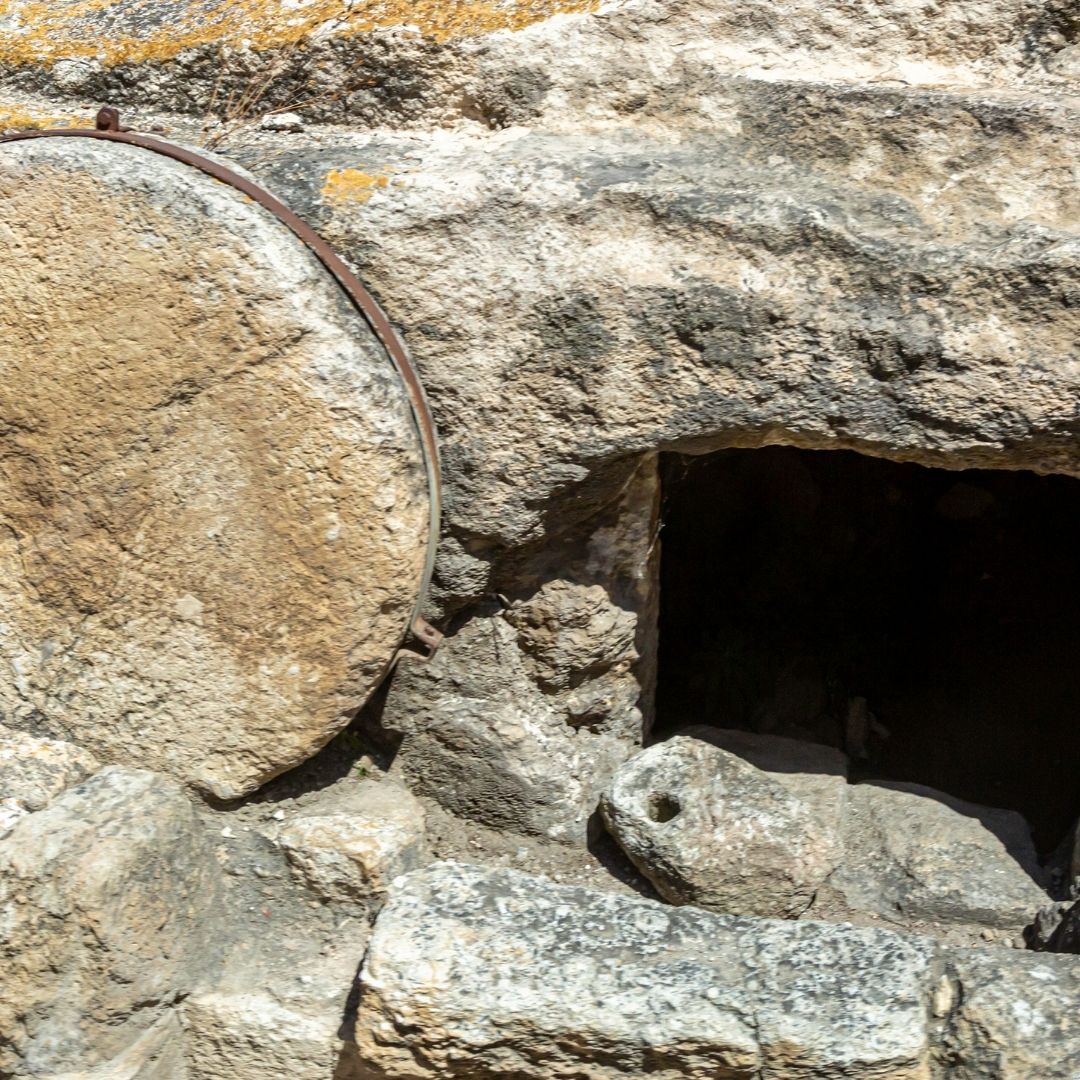








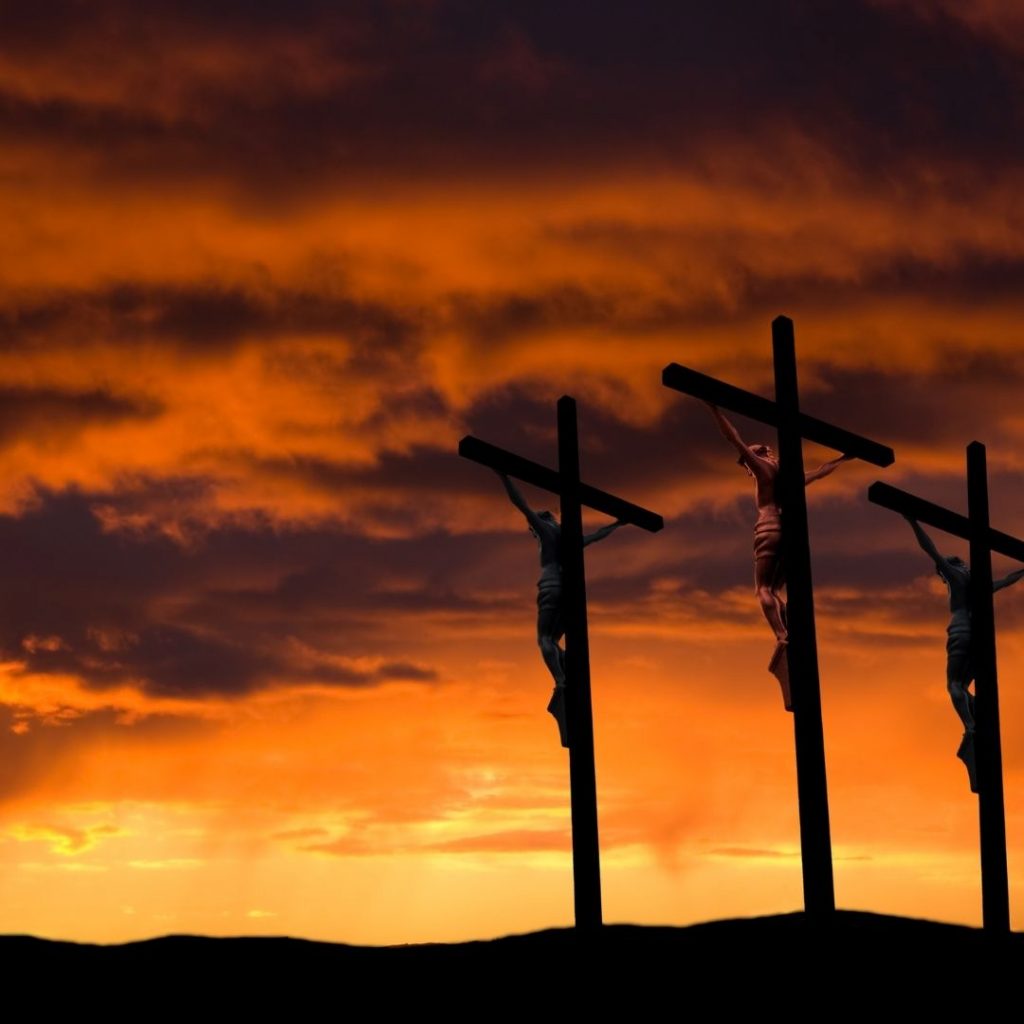
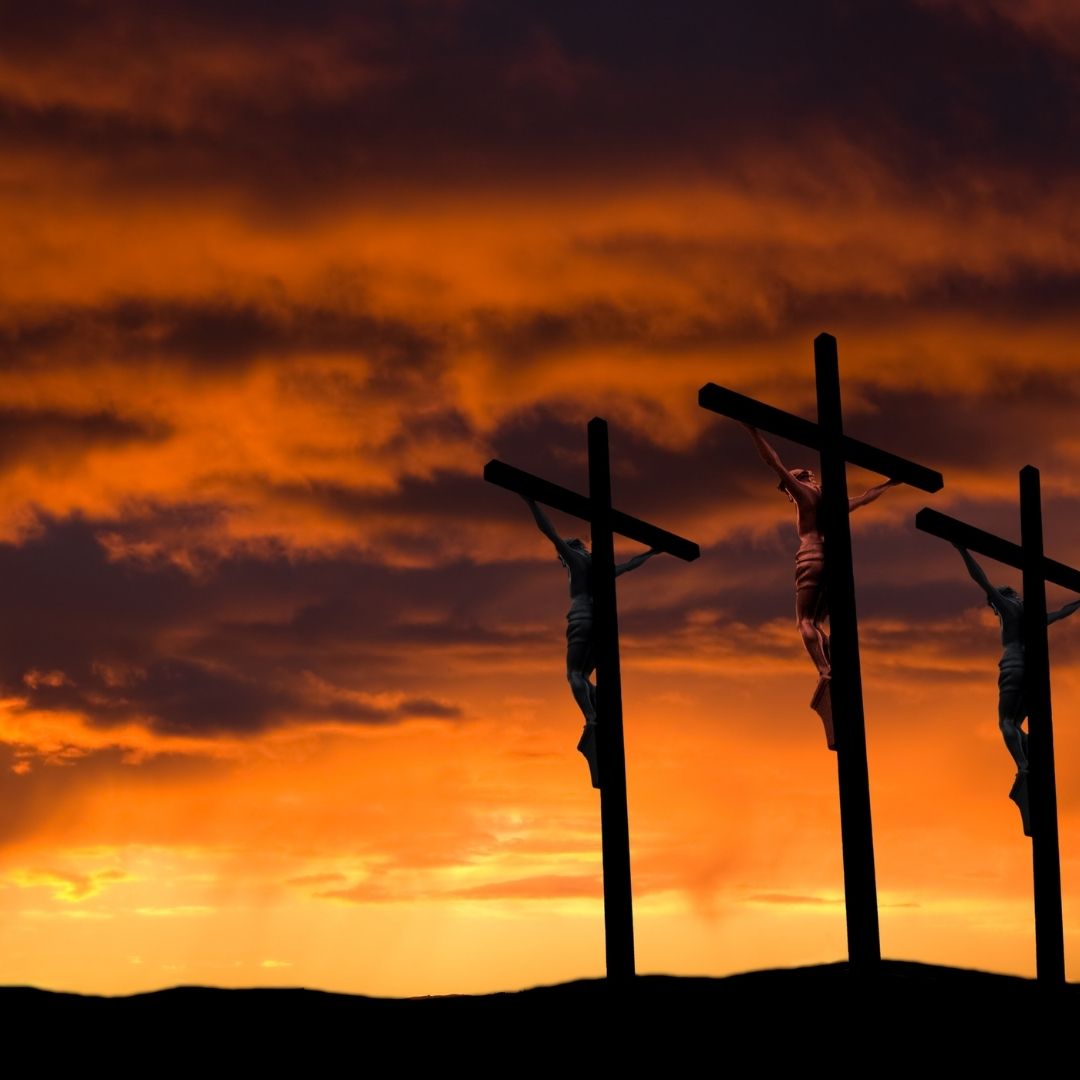



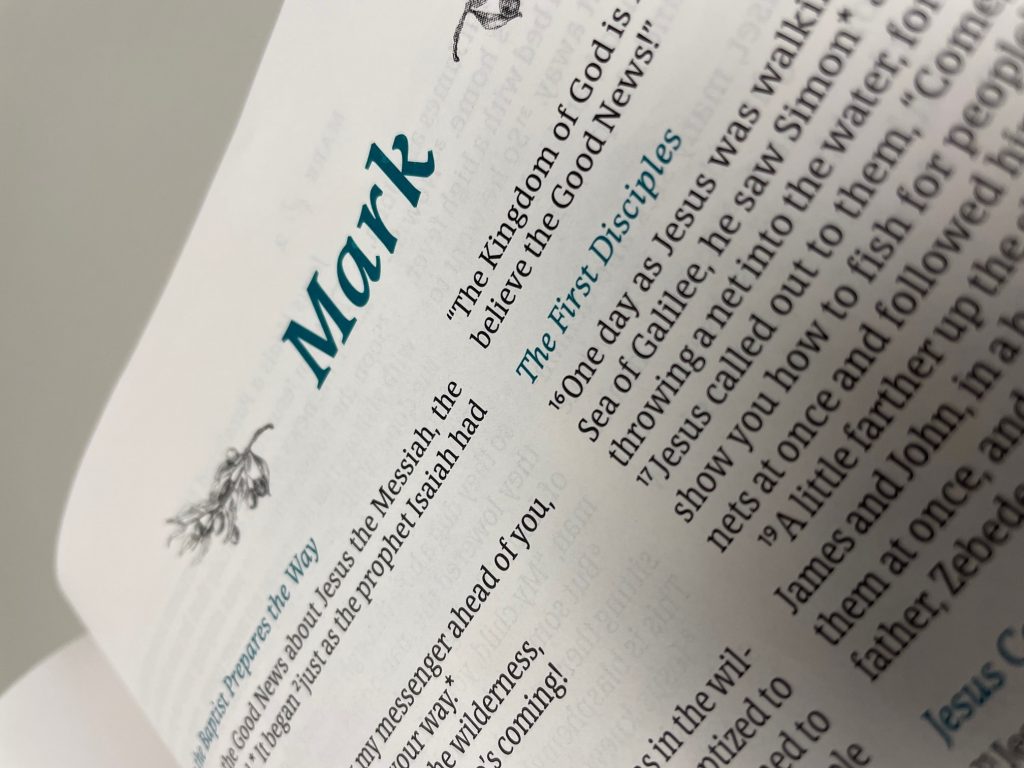












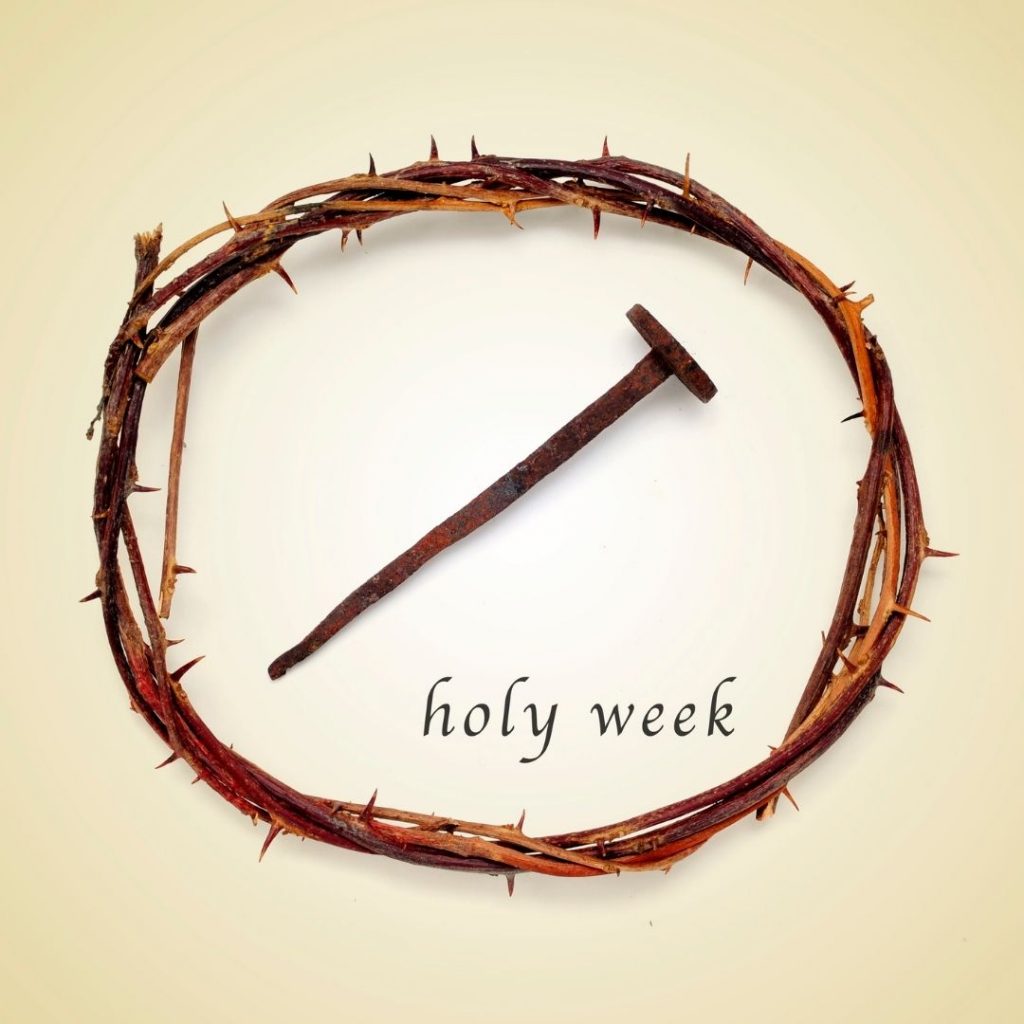

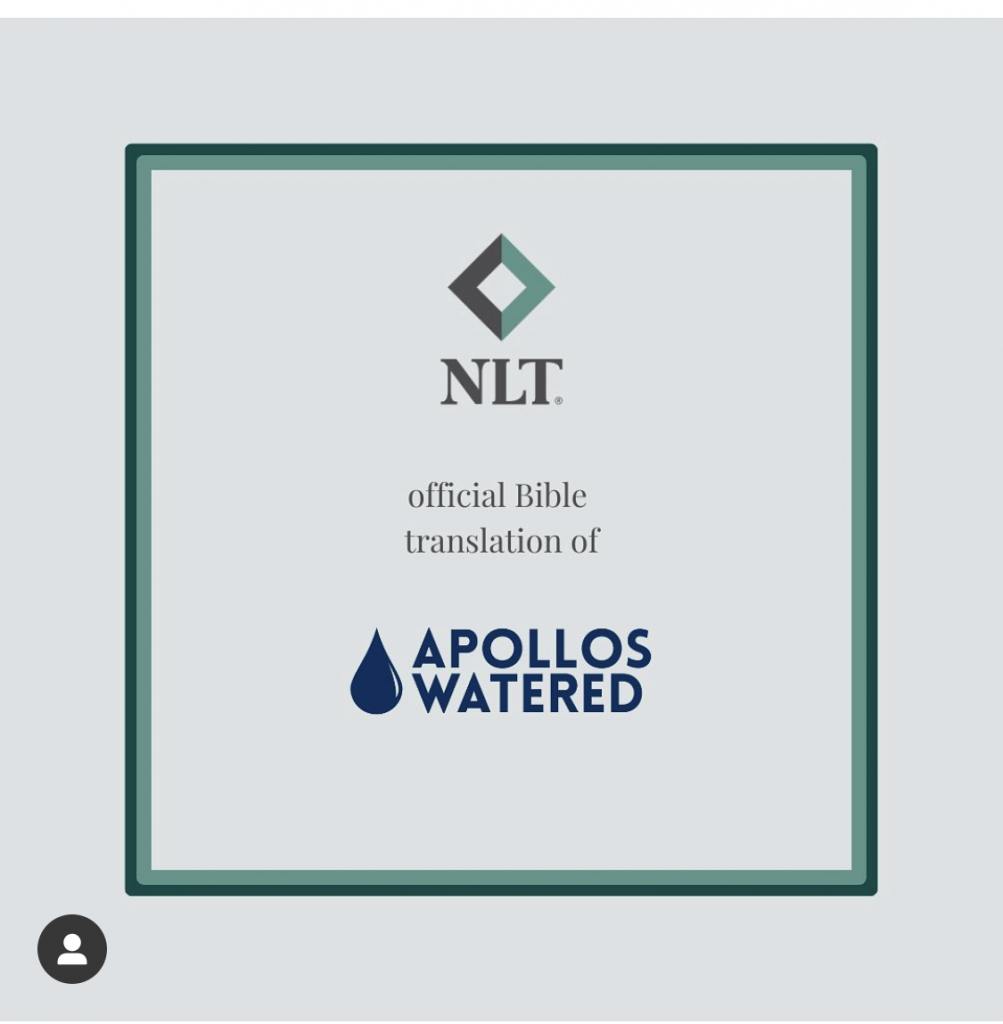
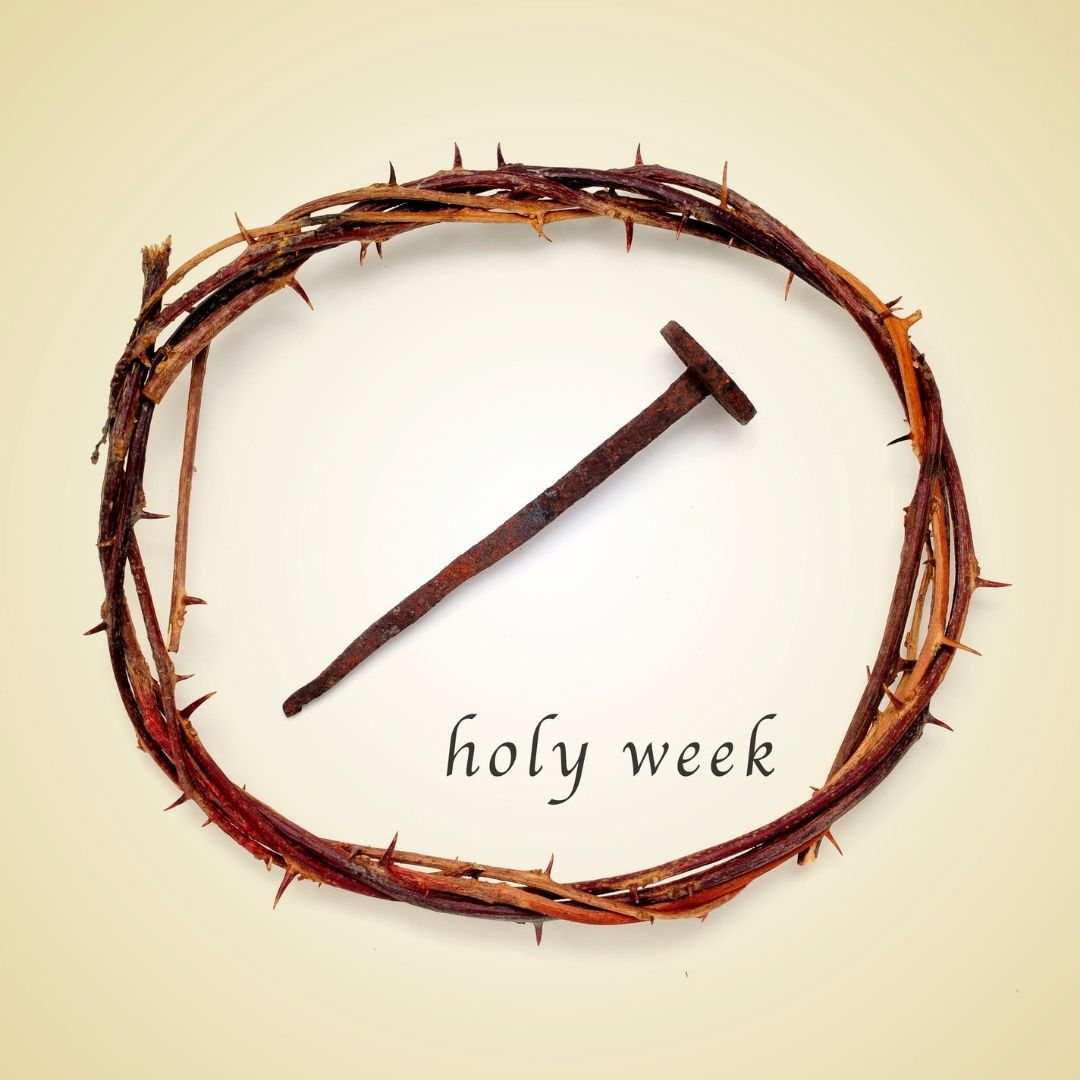

Recent Comments